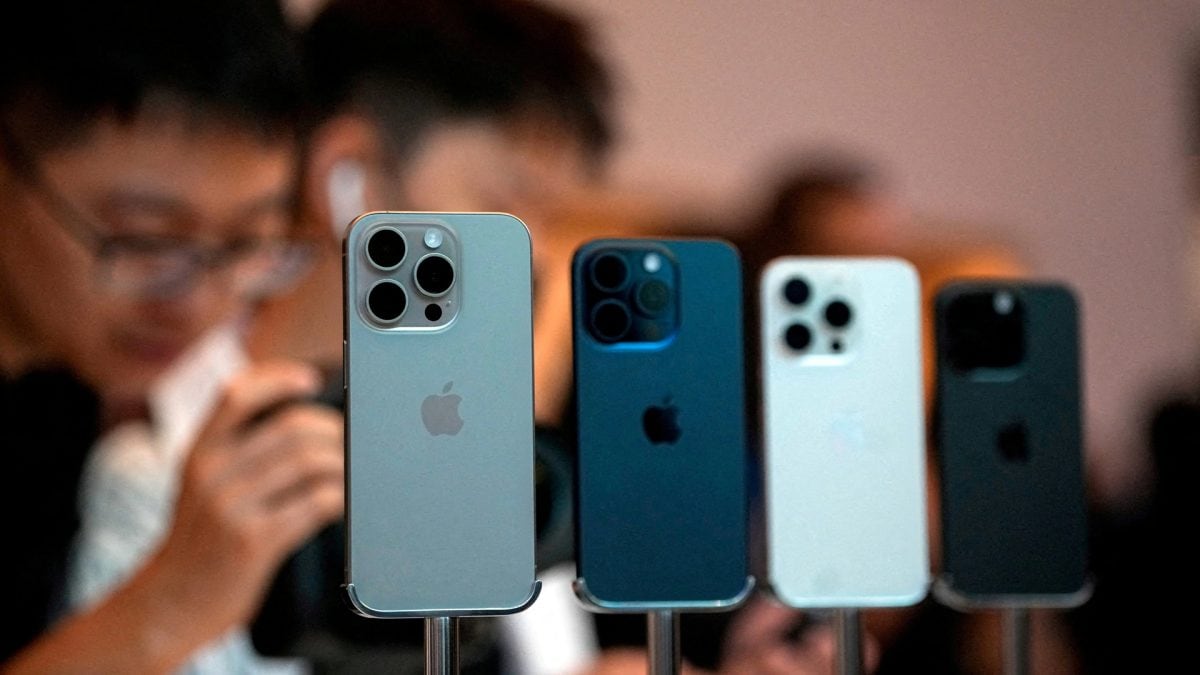
Apple has reportedly proposed a $100 million investment spread over two years. However, Indonesia’s Ministry of Industry remains undecided, apparently pushing Apple to focus this funding on research and development rather than existing manufacturing efforts
read more
After getting blocked by the Indonesian Ministry of Industry for falling short of a hefty investment requirement, Apple is now aiming to secure its position in one of Southeast Asia’s largest markets by increasing its financial commitment tenfold — from $10 million to an impressive $100 million.
The sales ban has brought Apple into the thick of Indonesia’s strict domestic content regulations, which require hefty investments to certify the sale of imported products like iPhones.
Indonesia’s investment demands
The conflict arose when Apple failed to meet Indonesia’s Domestic Content Level requirement. Apple’s initial investment, just shy of the $109.6 million threshold needed for certification. Although the tech giant made a supplementary offer of $10 million on November 5, Indonesian authorities remained unswayed, resulting in the continued ban of the iPhone 16.
To address the shortfall, Apple has reportedly proposed a $100 million investment spread over two years. However, the Ministry of Industry remains undecided, apparently pushing Apple to focus this funding on research and development rather than existing manufacturing efforts.
Previous Apple investments have gone toward establishing manufacturing collaborations and opening Apple Developer Academies, with a fourth one launched in April 2024. Despite these efforts, the Ministry appears to be holding out for a more strategic commitment from the tech company.
Indonesia’s broader policy push
The ban on iPhone 16 sales isn’t an isolated case. It’s part of a broader policy agenda under President Prabowo Subianto, who is continuing his predecessor Joko Widodo’s aggressive push for international firms to ramp up local investments and foster domestic industry.
Similar moves in the past have targeted other tech companies, with Google Pixel sales facing bans for insufficient local investment and TikTok’s parent company ByteDance forced into a substantial $1.5 billion joint venture with Tokopedia.
These strict measures reflect Indonesia’s growing emphasis on building up local production and safeguarding economic interests. While this hardline approach has had success in driving investment, it raises concerns about the impact on Indonesia’s attractiveness as a destination for foreign companies, particularly those looking to diversify their manufacturing base away from China.
Apple’s strategic gamble
Apple’s revised $100 million offer, though sizeable, is relatively modest compared to its global financial resources. Nevertheless, it underscores the company’s desire to tap into Indonesia’s booming market of 278 million people, many of whom are young and tech-savvy.
Currently, Apple does not operate standalone factories in Indonesia, relying instead on partnerships with local suppliers for its manufacturing needs. Meeting the Ministry’s demands might strengthen these ties, but it also comes with potential risks.
Indonesia’s firm stance could have a chilling effect on other multinational companies. If Apple’s experience is seen as a cautionary tale, it could deter other firms that might otherwise consider Indonesia as an alternative production hub. Such consequences would run counter to President Prabowo’s broader goal of attracting foreign investment to boost economic growth.
For now, the situation remains in limbo, with both Apple and the Indonesian government keeping their official responses under wraps. Whether Apple’s increased investment will be enough to get the ban lifted remains to be seen, but the outcome could have far-reaching implications for tech companies eyeing the Indonesian market.






